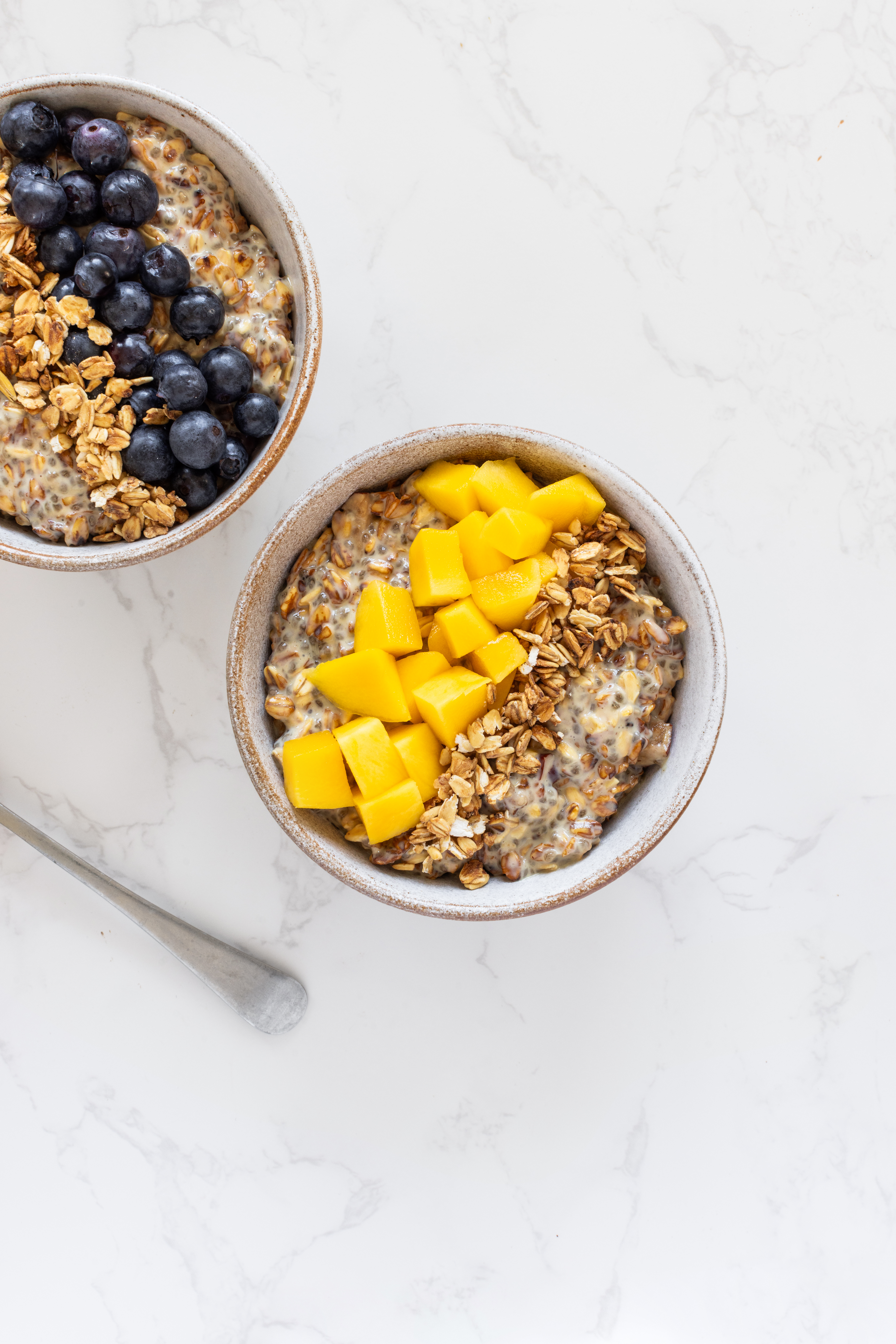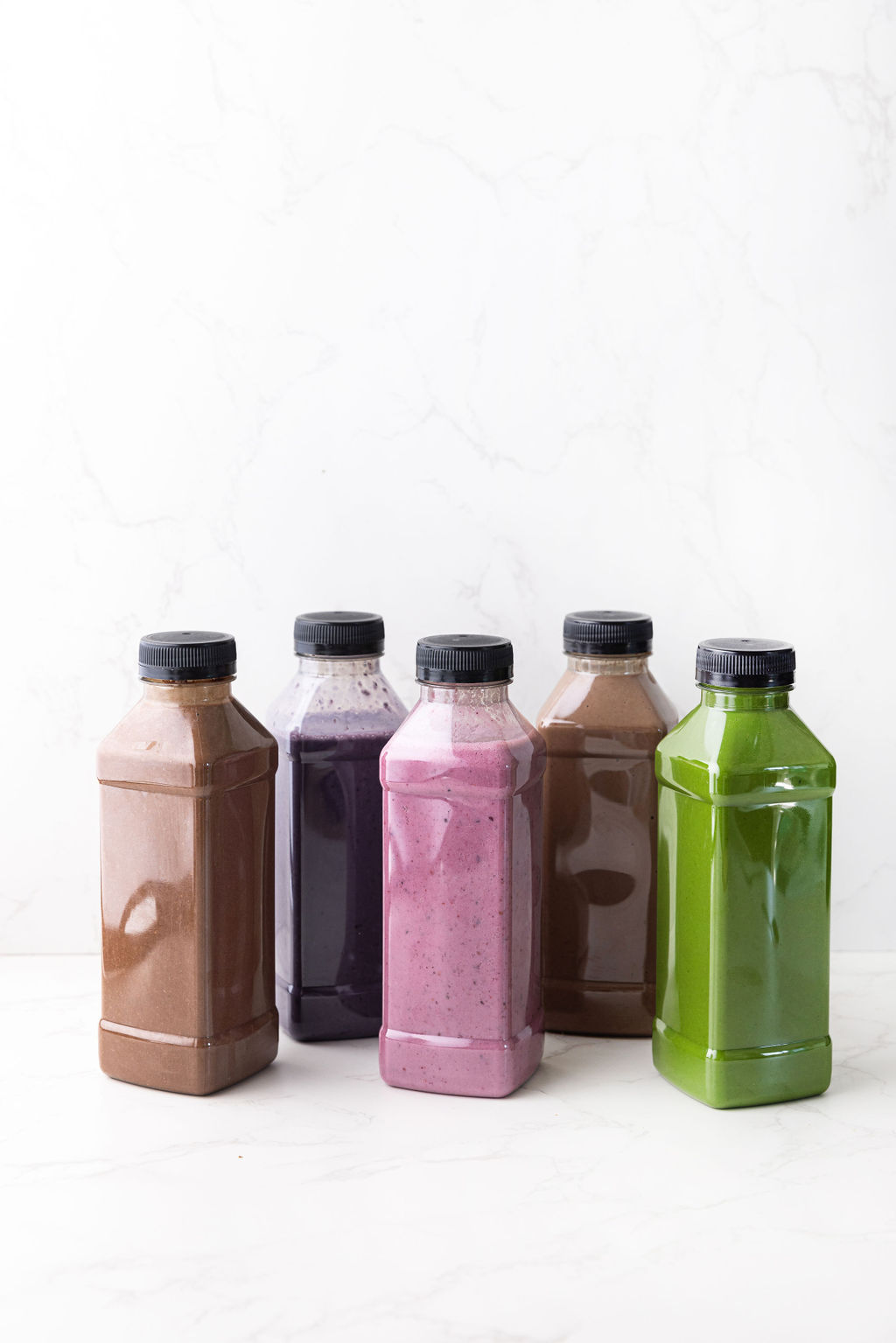- Linkedin Share
- Twitter Tweet
- Email Share
- Copy link Copy link Copied to clipboard
Eating well is easier said than done. During a busy week of training and work, family life and social occasions, dialling in your nutrition can often feel like one rep too many. However, your nutritional intake is directly linked to dozens and dozens of bodily functions, from muscle-building to sleep and mental health to digestion. One of the most important functions it can contribute to is your productivity and cognitive ability. You are what you eat, after all.
“Choosing the right foods can support long-term brain health and may help reduce the risk of cognitive decline,” explains Rachel Butcher, Head of Nutrition at Third Space. “This means focusing on nutrient-rich foods such as fruits, vegetables, whole grains, legumes, nuts and seeds, while enjoying foods high in saturated fats in moderation.”
But, which foods should you be stocking your cupboards and fridge with? Here are some of Rachel’s dietary non-negotiables:
Omega-3 fatty acids
“Omega-3 fatty acids play a vital role in learning and memory as we age. They’re found in oily fish such as salmon, mackerel and sardines, as well as in plant sources including flaxseeds, chia seeds, walnuts and soy. Regularly including these foods in your diet can help support healthy brain function over time.”
Folate
“Folate supports the nervous system, mood and cognitive function, with deficiency linked to depression and dementia. You’ll find it in foods such as leafy greens, legumes, citrus fruits and fortified grains.”
Vitamin E
“Associated with improved cognitive and memory function by reducing oxidative stress. Good sources include nuts, seeds, spinach and vegetable oils.”
Carotenoids
“These antioxidants are linked with better cognitive performance and are found in colourful fruits and vegetables such as carrots, sweet potatoes, peppers and leafy greens.”
Flavonoids
“Flavonoids are neuroprotective and may help promote cognitive function, learning and memory. They’re naturally present in berries, citrus fruits, tea, dark chocolate and red cabbage.”
Discover how small changes to your diet can make a big difference. Book your complimentary 15-minute nutrition consultation with a Third Space expert today.



